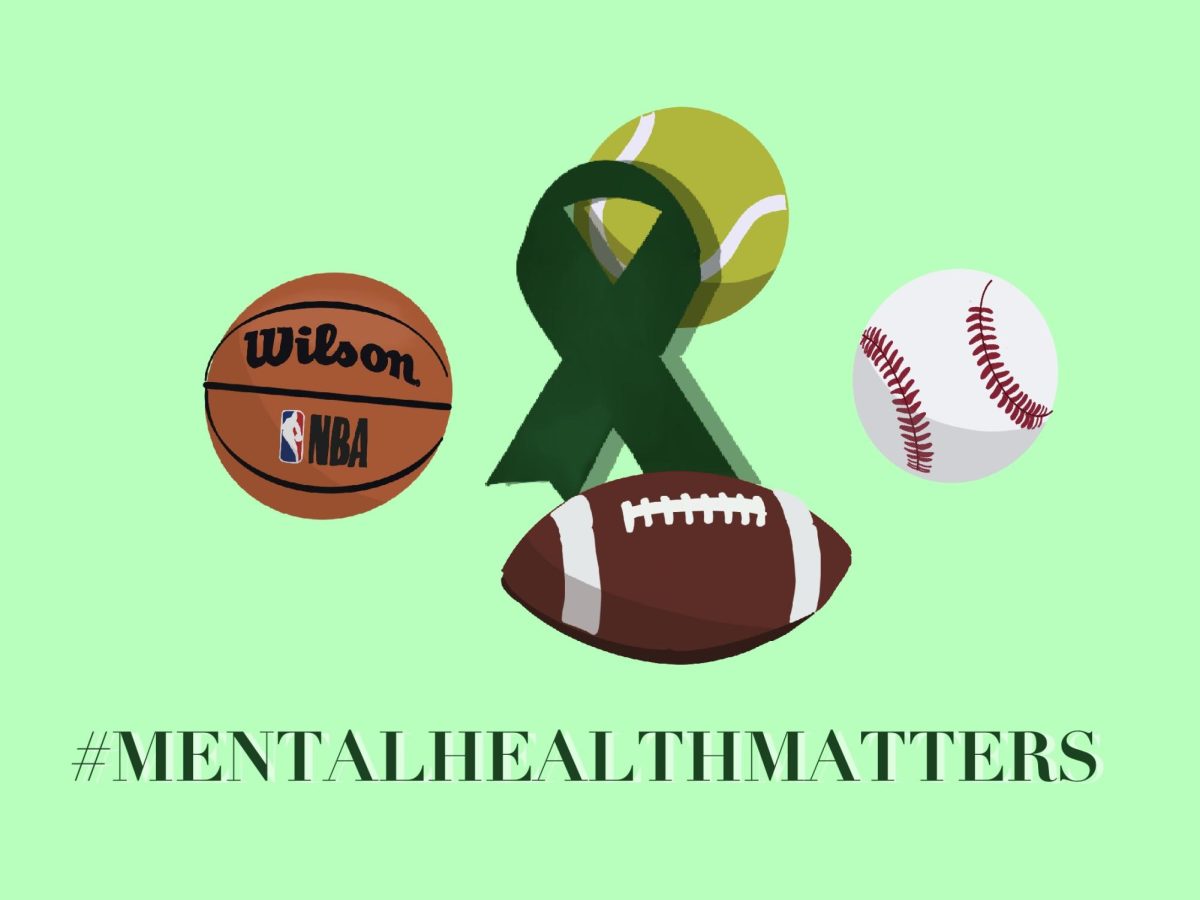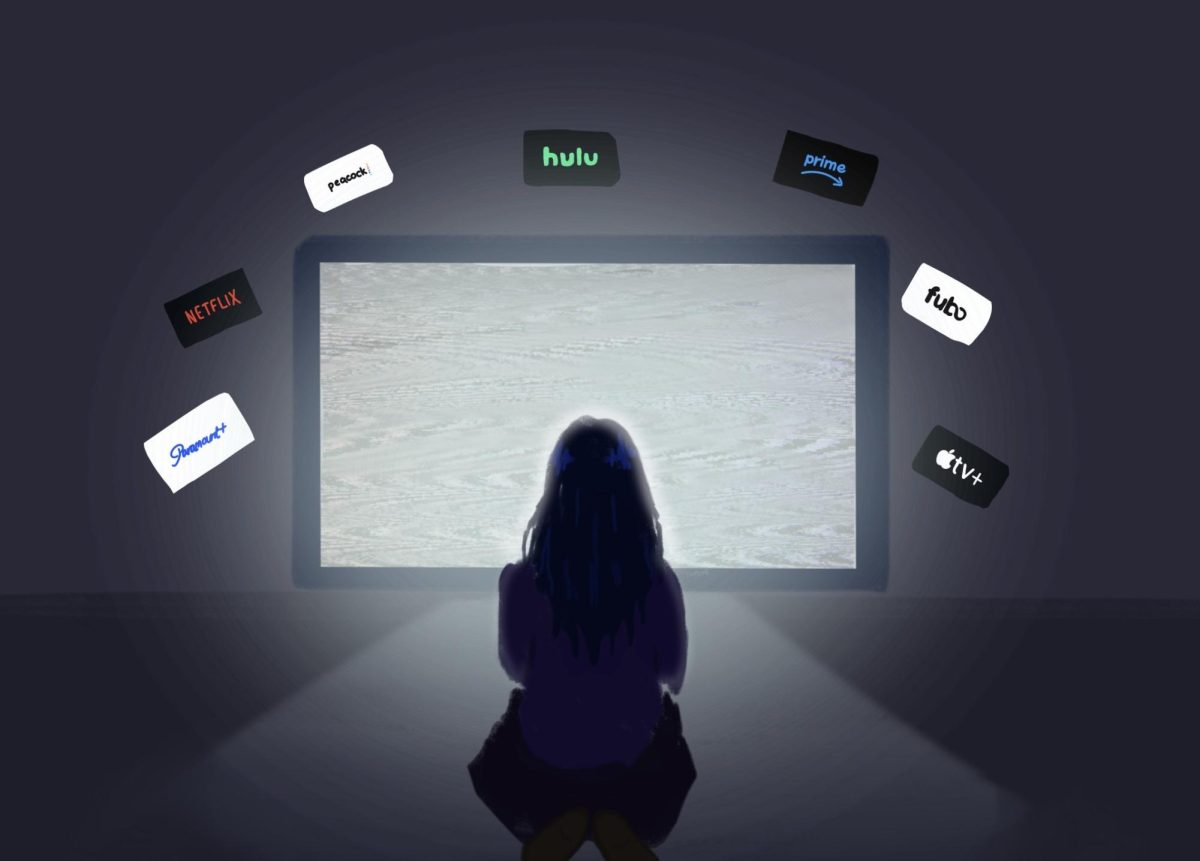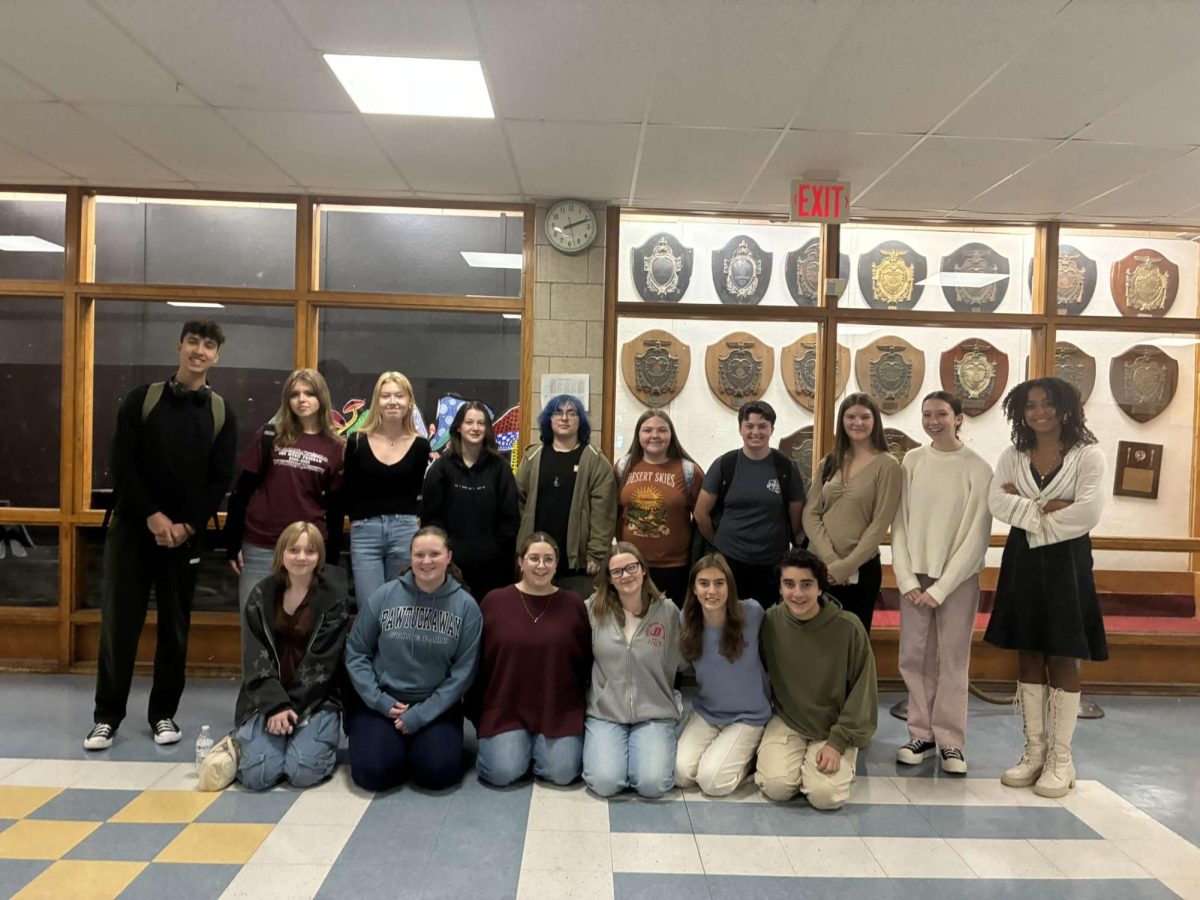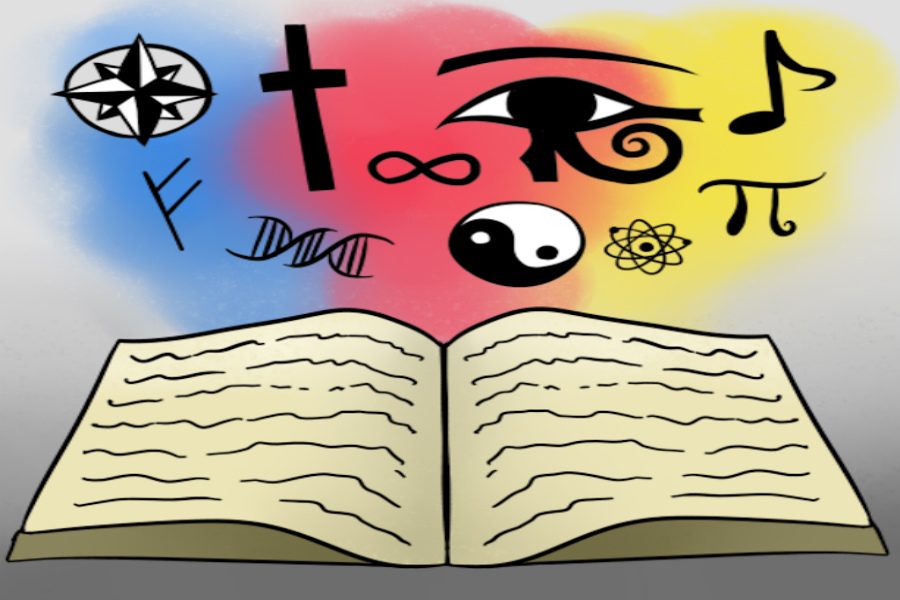Opinion: The power behind the page
Art by: Catherine Canavan-Dysthe
November 29, 2018
5,000 years ago, reading was considered a symbol of power and influence.
In Ancient Egypt, some dedicated their lives to reading and writing. These scribes were often appointed as chief ministers, next to government officials. Those in Ancient Egypt who could read were at the top of the social class and well respected throughout their community.
The few who had this ability were considered superior and empowered, whereas now, even as the vast majority of the USA’s population can read, less will choose to practice reading for enjoyment.
A skill once so esteemed and valued is now disregarded. This inflation and accessibility to literacy has entirely shifted the demand to read.
Indeed, reading is widely neglected by youth, according to the National Endowment for the Arts. Research from the Huffington Post and YouGov shows that out of a pool of 1,000 American adults, 28 percent had not read a book in the past year.
So why is it that Americans aren’t reading?
One potential answer lies in one of the greatest, yet detrimental advancements of our time: information and communication technologies.
Technology is addictive. Americans are reported to watch television for up to 4 hours a day (The New York Times).
Unlike digital media, books won’t harm you.
The following list exhibits some of the benefits of reading:
Academic Achievement
We all know that reading has a strong correlation with academic achievement.
The National Endowment for Arts stated that “test scores are roughly 30 points higher for students with 100 or more books at home…”
In essence, reading is an investment into your test scores, consequently, an investment your career and future success. In fact, Business Insider found that people who had higher SAT scores were more likely to earn scholarship money, more likely to earn advanced degrees, and more likely to earn higher incomes.
Psychological Escape
Sometimes we need a distraction. Stepping into the life of another person allows you to experience a different journey other than your own.
You are capable of understanding a series of characters written in paper. They transfer messages without making a sound; they can make you feel a certain way even if it’s not your story; they can make you learn things progressively as you read. You are able to perceive a bunch of strokes of a pen and understand, which is a fascinating concept.
Stress
We can all relate to extreme stress. All of us here have been stressed over school, extra-curricular activities and our social lives. According to the University of Sussex, reading is among the best de-stressors. It helps get rid of tension, and can aid sleeping.
Empathy
Empathy can be gained from reading, which can consequently build community. A study published by the The Huffington Post shows that people who had recently read fiction, had experienced boosts in empathy.
As we read, we identify with protagonists. This allows the reader to become more mindful, self-aware, and aware of others. In essence, we gain more empathy, communication skills, and social understanding.
Moreover, there is a crucial significance to written work: understanding the development of society since the beginning of time.
How do we know what to believe about God? Texts such as the Bible, the Quran, the Torah, the Noble Eightfold Path, etc.
How do we understand evolution and natural selection? Darwin’s “On the Origin of Species.”
How do we have insight on the Japanese Heian period (794-1185)? “Tale of Genji” by Murasaki Shikibu.
The world’s history, every event and innovation, every important figure, every important legacy, lives in a book, and so will it continue.
Through books, people, from thousands of years ago, have been able to understand the past, and communicate with the future. They have been able to leave a message, a mark, a legacy through literary work.
But these stories are left untold, thereby devaluing their commitment and effort, unless we read them.












![The Volleyball team poses after their win. [Photo courtesy of GHS Volleyball]](https://thegillnetter.com/wp-content/uploads/2025/10/IMG_6936.jpg)





















Ana Huembes • May 9, 2021 at 5:45 pm
Hi Elinor!
I love the simplicity yet galvanizing power of your words. I think we never talked, but my husband, Mr. Sergio Quinonez surely had the opportunity to do so. I’m not sure you still keep up with this account, but I would love to invite you to be a speaker for my HS seniors. So, if you can get back to me, I’d greatly appreciate it.
Ms. Ana Huembes